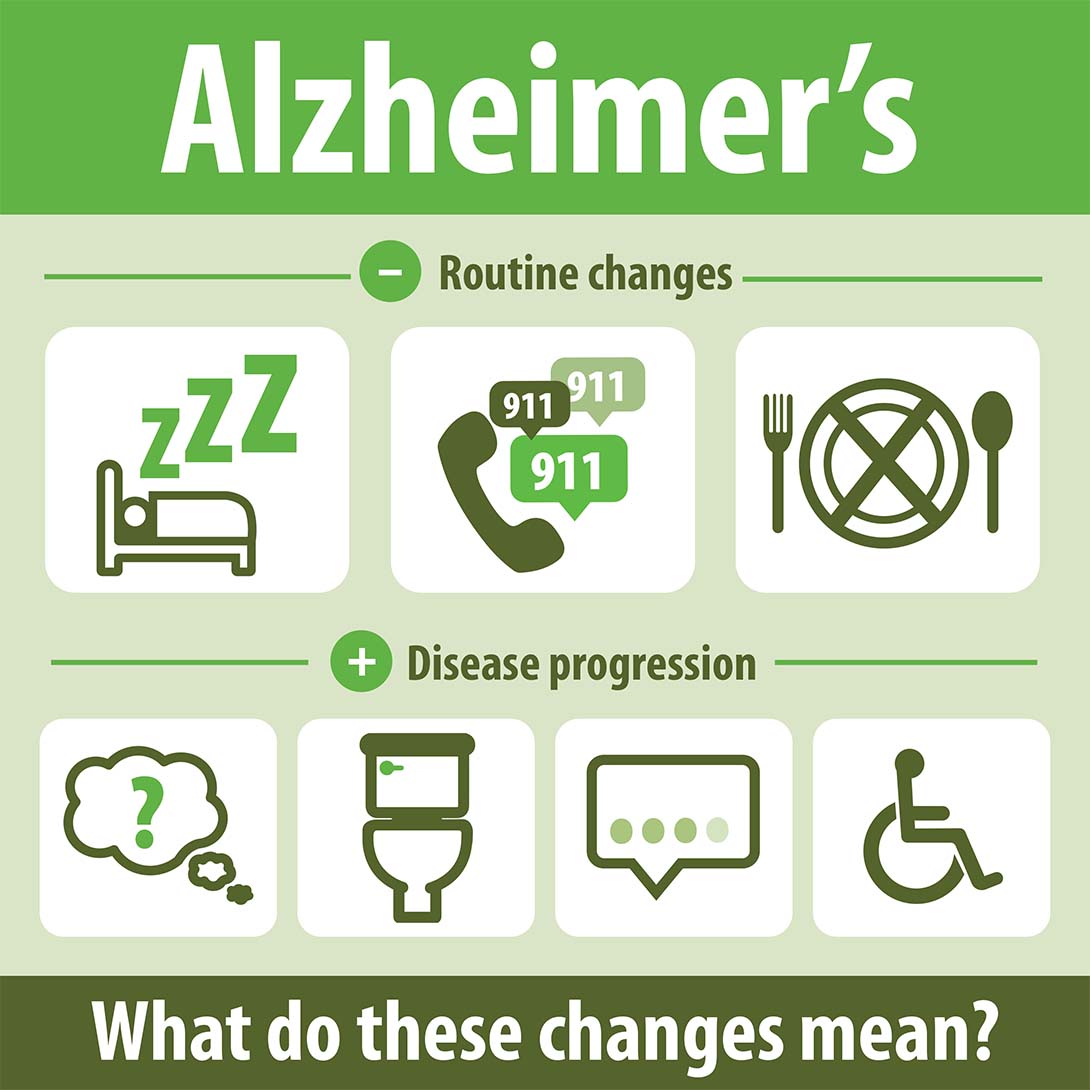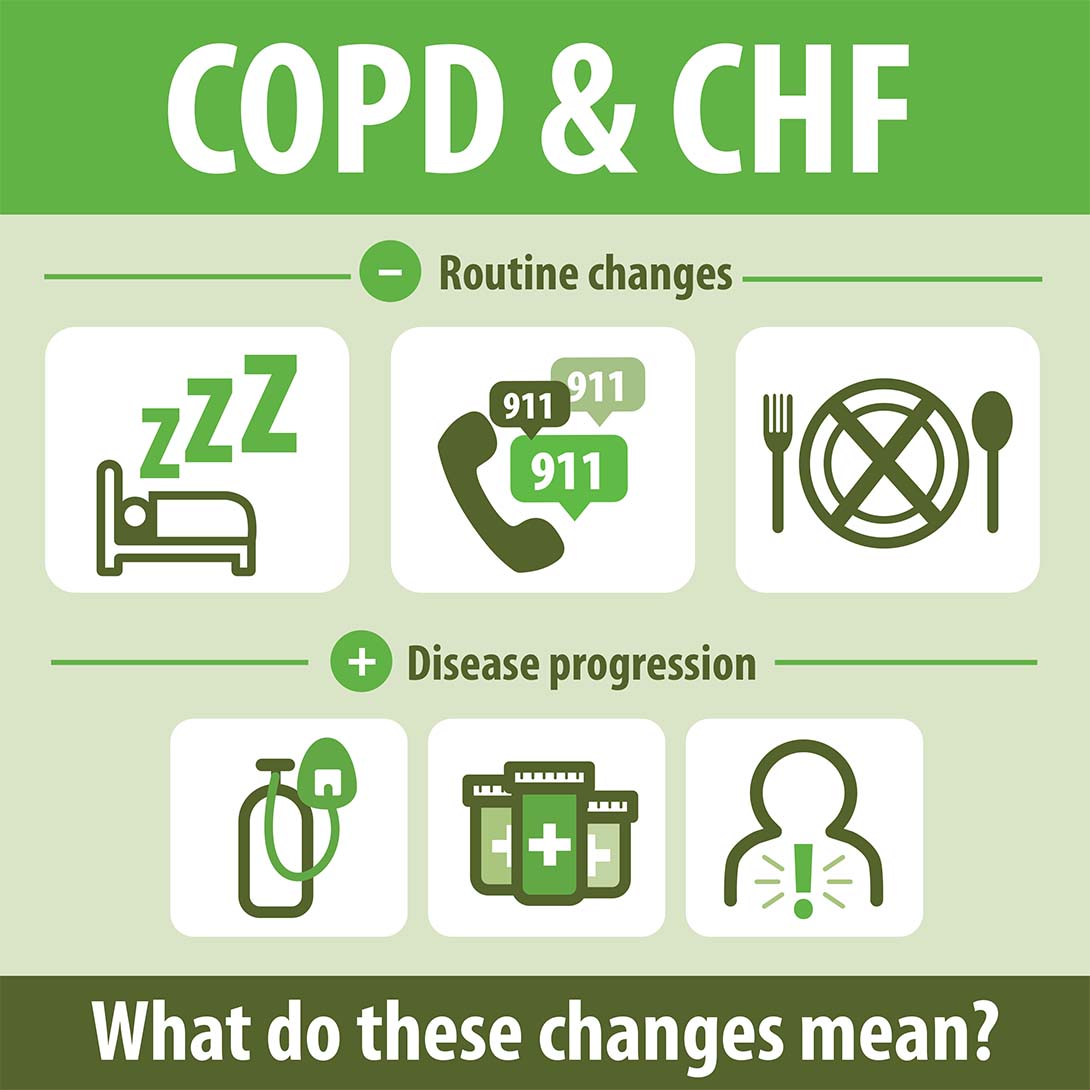Understanding End-of-Life Constipation

End-of-life constipation is a very common condition. There are multiple factors that contribute to constipation in the terminally ill. Caregivers should be aware of the symptoms so that they can address them quickly and effectively.
What causes end-of-life constipation?
Constipation is defined as a decrease in a person’s typical number of bowel movements. This number varies from person to person. Symptoms of constipation include bloating, abdominal distention or discomfort, hard stools, straining, and gas.
Constipation in the elderly can be caused by a number of circumstances including:
- Long-term use of painkillers
- Decreased appetite and fluid intake
- Reduced mobility
It can also be caused by disease. For example, cancer patients may develop tumors that compress or obstruct the bowel or intestines. Diabetic neuropathy can affect the colon. Neurological diseases like ALS, MS, or Parkinson’s disease can interfere with the contractions of muscles in the gastrointestinal tract.
How to treat end-of-life constipation.
When a patient is approaching their final days, constipation is less of a concern, and patients may go several days without a bowel movement. The hospice care team will assess a patient’s bowel routines with a focus on ensuring comfort.
Constipation can be treated with stool softeners like Colace (docusate sodium) and laxatives like Senokot (senna). If these treatments are not effective, an enema may also be administered.
If none of these treatments are effective, a nurse may need to disimpact the patient manually. This should only be done by a trained professional as it can be painful or lead to bowel perforation if done incorrectly.
How to communicate bowel issues.
When a patient is unable to communicate their needs, caregivers should be extra vigilant about the signs and symptoms of constipation. Patients with Alzheimer’s disease or other dementia may be unable to explain symptoms like stomach pain, nausea, or straining. Watch their faces for signs that toileting is painful.
Keep track of your loved one’s bowel movements on a calendar. They don’t need to have a bowel movement every day. But if your loved one goes three days without a bowel movement, they have constipation. Pay special attention when medication is changed as constipation may be a side effect. If your loved one is experiencing constipation, speak with their doctor or hospice care team about the best treatment plan.
In hospice patients, the goal is always to keep the patient comfortable by addressing pain and common end-of-life symptoms like constipation. If you have a question about what to expect at the end of life or know a patient who should be referred to hospice, please contact Crossroads Hospice & Palliative Care at 1-888-564-3405 to set up a consultation.
Recommended Reading:
Mottled Skin Before Death: What Is It?
A Guide to Understanding End-of-Life Signs & Symptoms
Understanding End-of-Life Visions
If you found this information helpful, please share it with your network and community.
Copyright © 2017 Crossroads Hospice & Palliative Care. All rights reserved.




